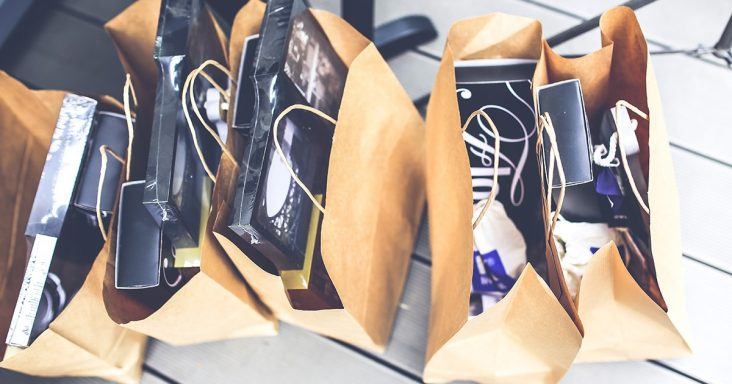More retail closures are expected as online sellers gain market share
by May 10, 2024 8:40 am 524 views

Online sales increase over the next four years will lead to more retail stores, closures, according to UBS retail analyst Michael Lassiter. He expects as many as 45,000 retail stores will close, and some could become fulfillment centers for online orders by 2028.
He also expects online sales to comprise 26% of retail sales in the same period.
Lassiter said higher borrowing costs, rising wages and consumer spending more on services will make it hard for brick-and-mortar stores that are already struggling. UBS notes there is too much capacity in the U.S. retail square footage, as third-party online discounters like Temu and Shein continue to gain market share. The analysts said apparel and accessories, consumer electronics and home furnishing retailers need to shrink footprints because the categories are where online discounters are making headway.
Retailers already feeling the pain include Foot Locker, Sally Beauty, Tuesday Morning and Bed Bath & Beyond, which closed stores following bankruptcy filings. Also, clothing, consumer electronics, sporting goods, hobby, music and home furnishing stores have closed the most locations in the past five years.
UBS predicts the total number of U.S. retail stores will fall to 913,500 from 958,533. An economic decline could also drive even more store closures, the report notes. Department stores are poised to lose more market share to discounters in the next four years, according to the report.
“This dynamic will likely cause department stores sales floor productivity to deteriorate, which should lead to fixed cost deleverage and ongoing operating margin compression,” UBS said in its 100-page report. “Our analysis assumes that stores remain an important part of the overall retail ecosystem for retailers and consumers. In the simplest terms, stores serve as hubs of fulfillment and support distribution logistics. This is increasingly more important as consumers are becoming more demanding for convenience or immediate deliveries.”
Lassiter said retailers best positioned to gain are those who adopt and invest in omnichannel experiences. UBS described it as “a biological evolution, similar to survival of the fittest, with retailers like Walmart, Target, Costco, Home Depot, and other large, leading retailers stand to gain from this natural selection.”
UBS said the outlook is positive for brands and retailers who continue to increase their omnichannel investment to support digital shopping expansion. UBS cites prioritizing omnichannel capabilities to support digital online purchases that can be picked up in-store, shipped from store, store-based fulfillment, same-day delivery and returns in-store for online orders.
